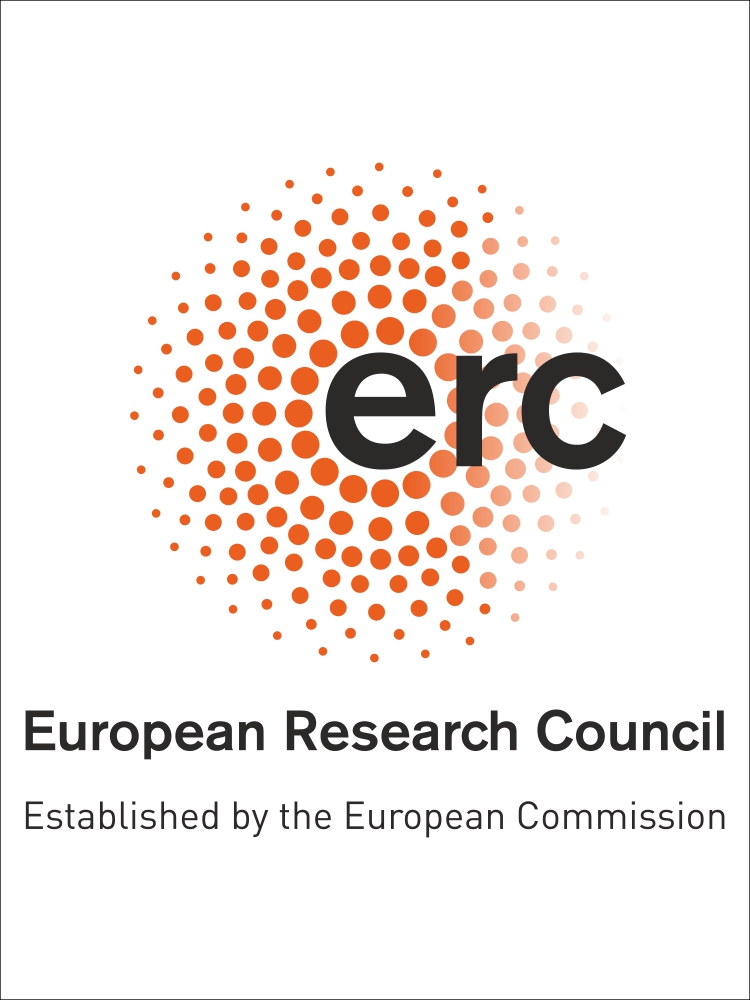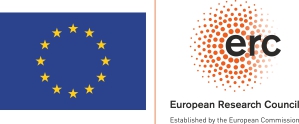Mitochondrial cristae biogenesis is an enigma ever since the first imaging of mitochondria, the ‘powerhouses’ of eukaryotic cells, by electron microscopy in the 1950s. The mitochondrial cristae, dynamic and structurally conserved invaginations of the mitochondrial inner membrane, are essential for respiratory ATP generation. Thereby, the form and function of the mitochondrial inner membrane are deeply intertwined. Indeed, irregular or disturbed cristae morphologies are believed to cause numerous human diseases, including neurodegeneration, cardiomyopathies, metabolic disorders and cancer.
Previous approaches to study cristae biogenesis have relied primarily on the use of 2D electron microscopy and biochemistry to analyse mutant cells defective in cristae formation. Based on striking pilot experiments, we propose to study cristae biogenesis by a radically different approach. We will induce synchronous cristae development in gene-edited cell lines initially defective in cristae formation. We will then follow de novo cristae biogenesis over time by combining a series of enabling approaches, including live cell and MINFLUX super-resolution microscopy, 3D (cryo) electron microscopy, label-free (SWATH) mass spectrometry, and single molecule counting. These technologies have just emerged in the last few years, and thus this proposal would not have been possible a few years ago. The primary aim of this proposal is to establish a deep, comprehensive and quantitative understanding of cristae biogenesis in human cells. Using theses insights, we will also investigate the effects of mutations in mitochondrial proteins associated with human diseases on cristae biogenesis.
Altogether, if successful, the outcome will represent a paradigm shift in our knowledge of how mitochondrial ultrastructure in healthy and diseased cells is generated and maintained. Our findings might spark innovative and novel strategies for the treatment of devastating human mitopathies.
This project has received funding from the European Research Council (ERC) under the European Union’s Horizon 2020 research and innovation programme (grant agreement No 835102).

